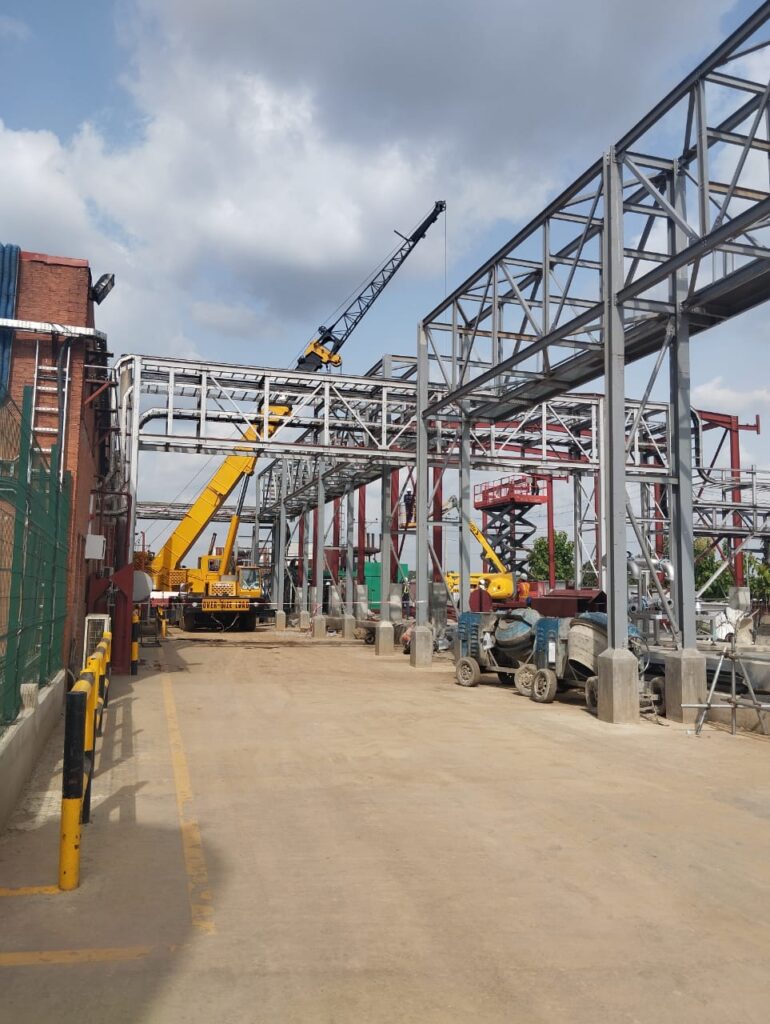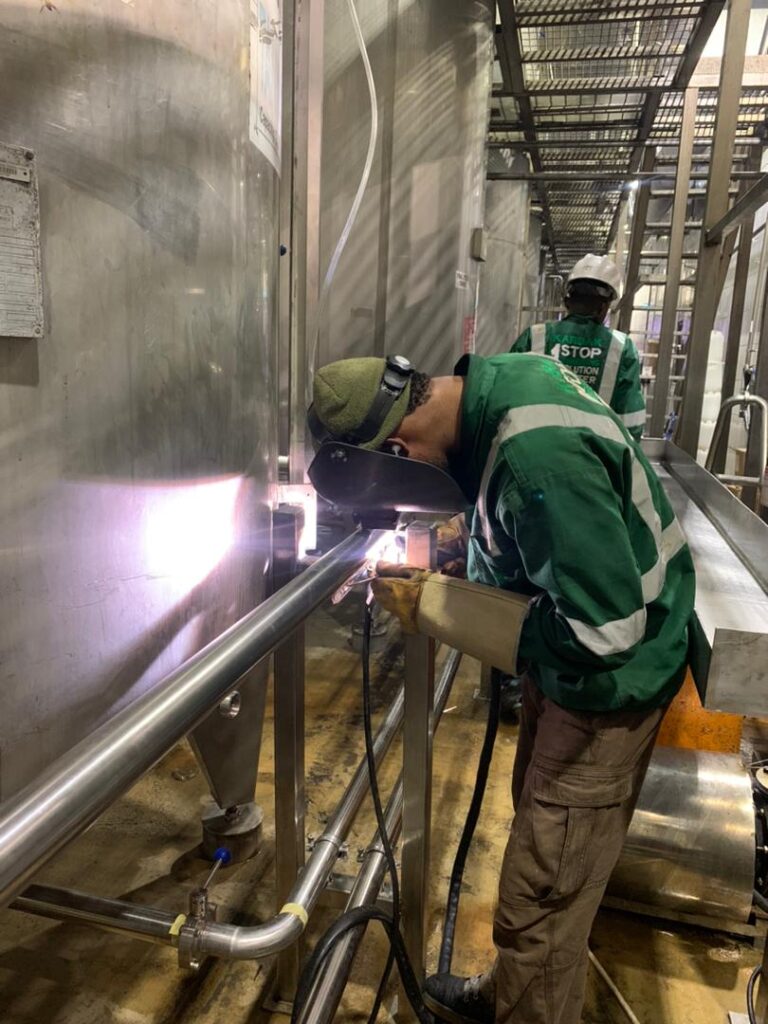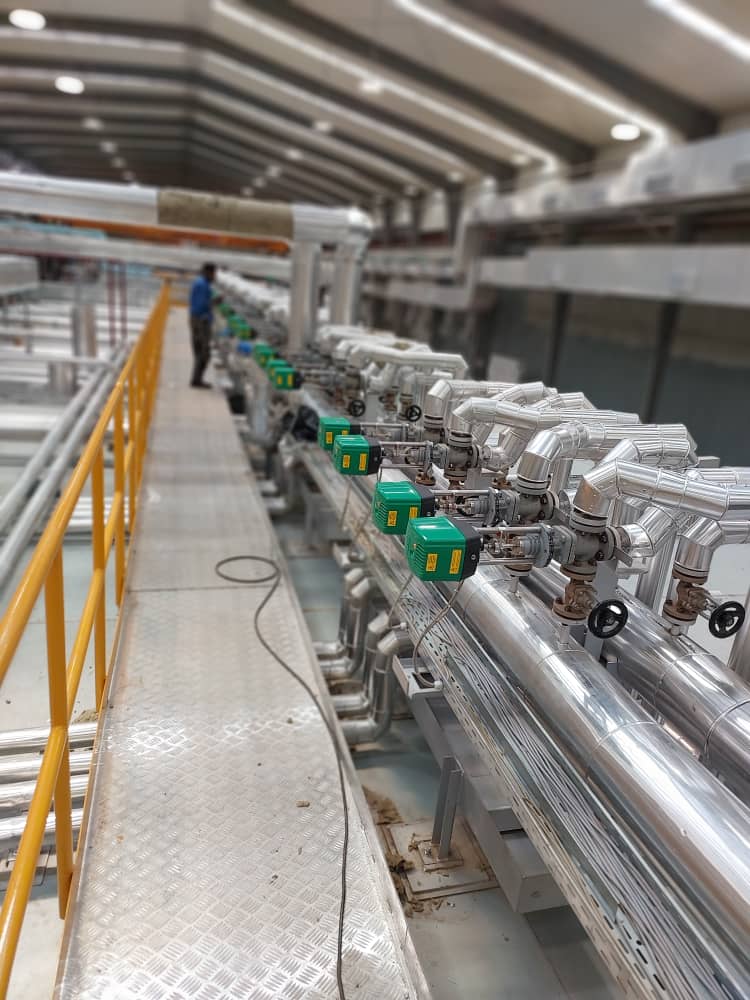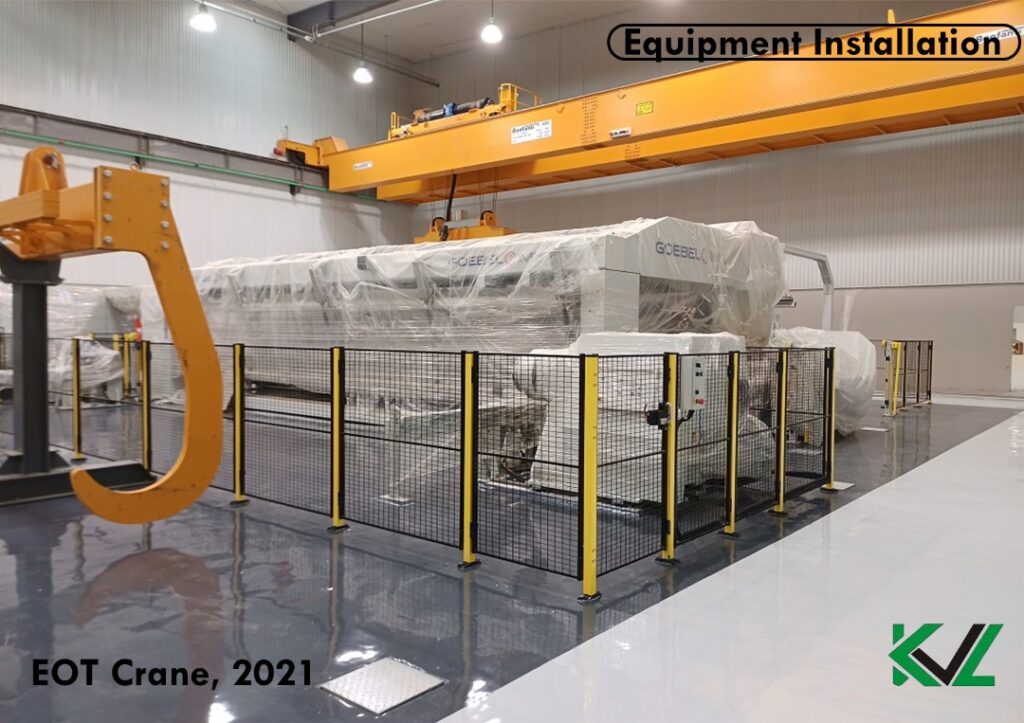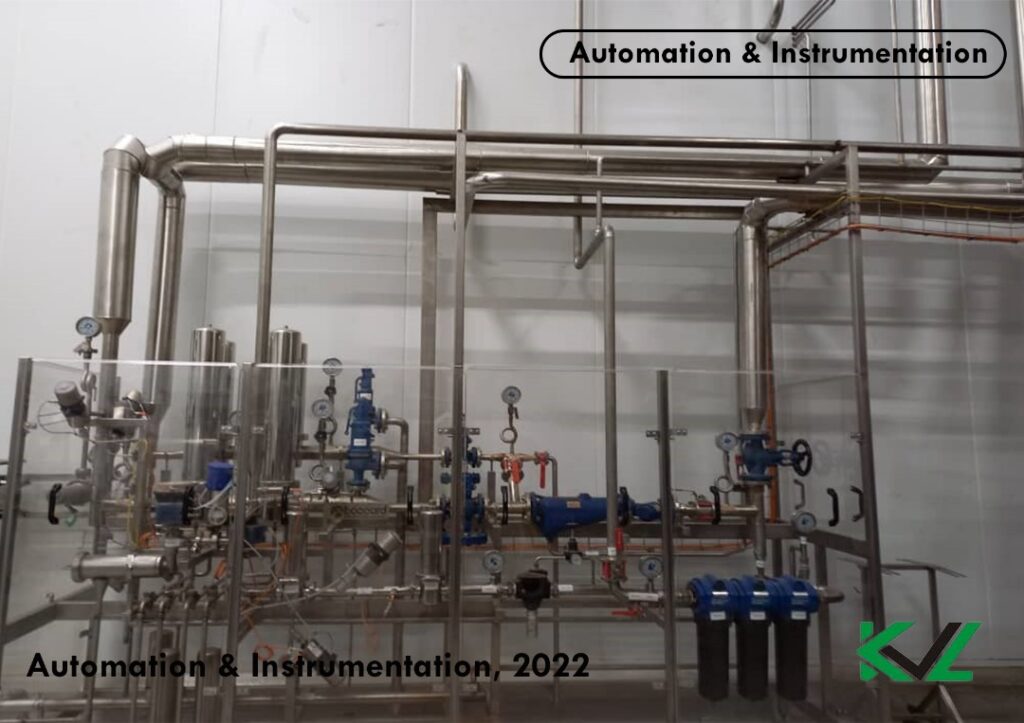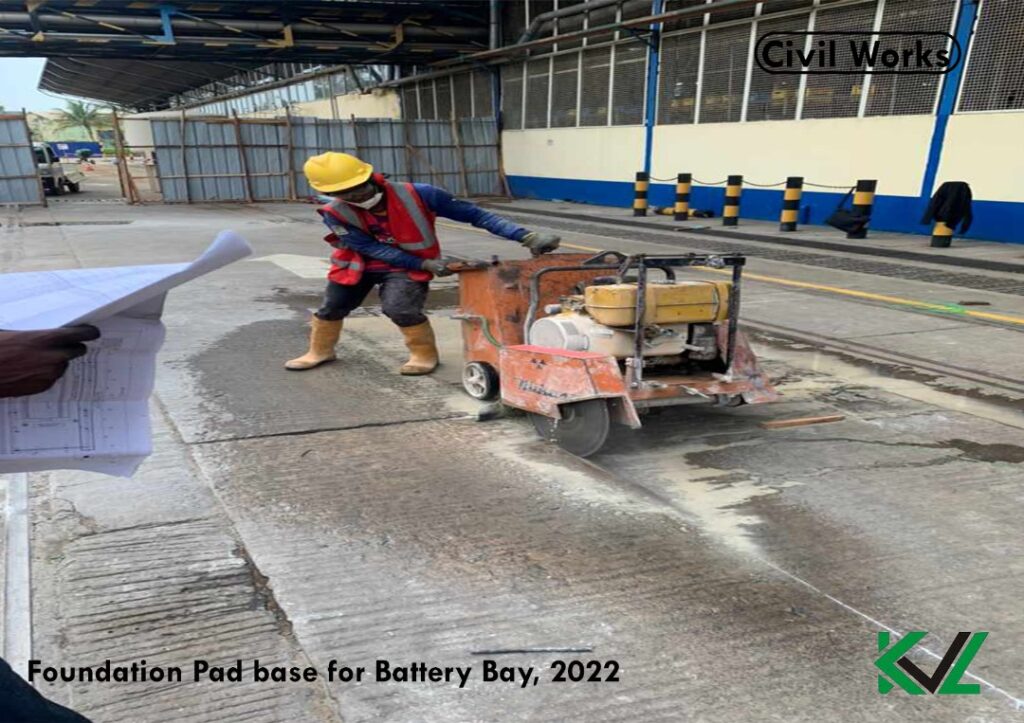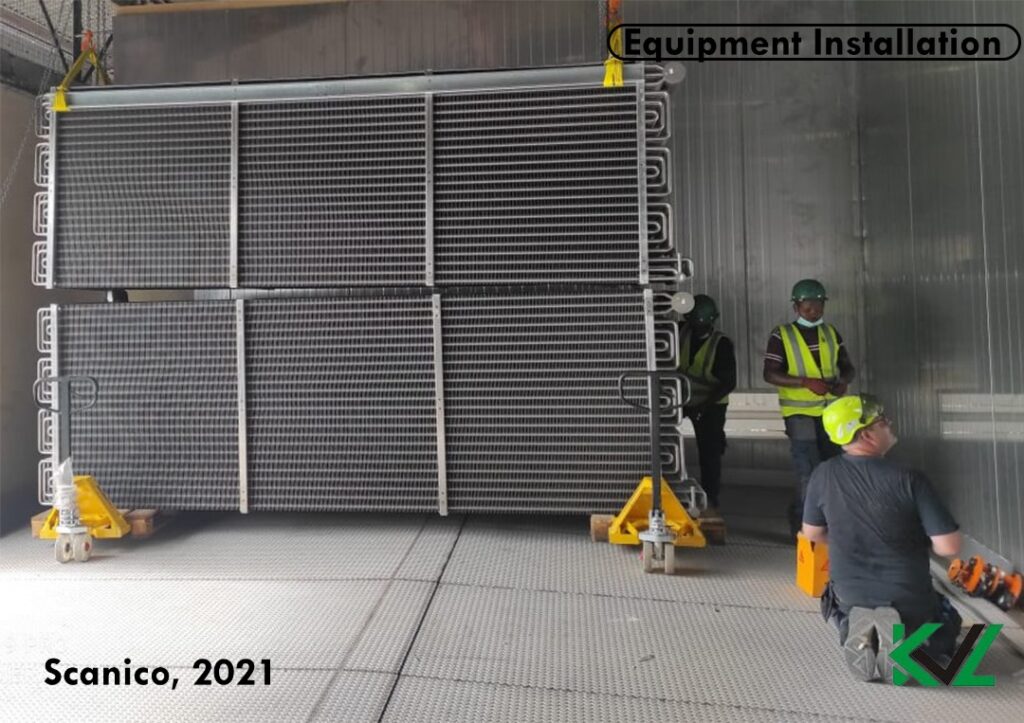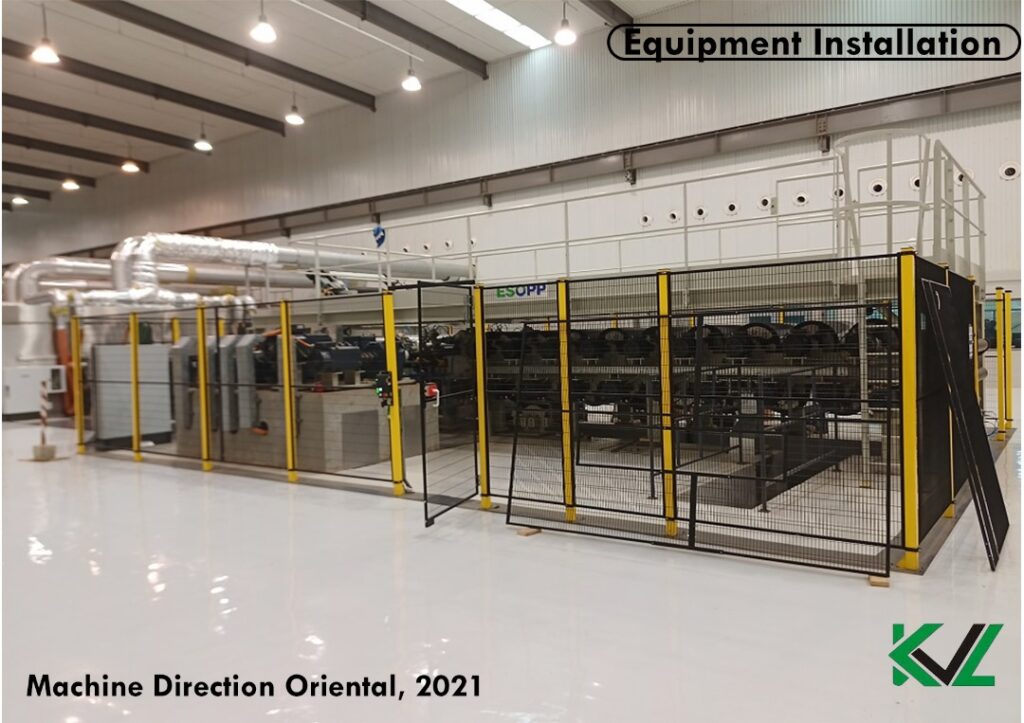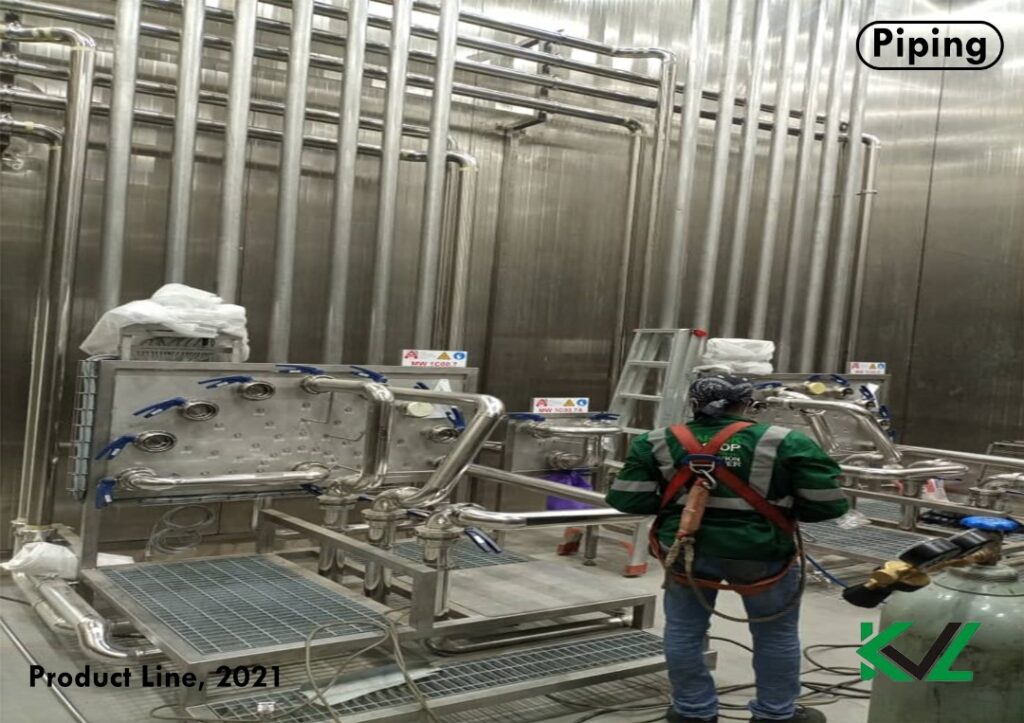Karbak Ventures Limited utilizes piping in its operations. Piping is a crucial component in various industries, including construction, oil and gas, water treatment, and more. Here are some aspects related to the use of piping in construction and related industries:
Construction Applications:
Piping is extensively used in construction projects for various purposes, including water supply, drainage systems, HVAC (heating, ventilation, and air conditioning), and industrial processes.
Material Selection:
Depending on the application, piping materials can vary. Common materials include steel, PVC, copper, and various alloys. The choice of material is often influenced by factors such as cost, durability, and the type of substances the pipes will transport.
Installation and Maintenance:
Proper installation of piping systems is crucial to ensure they function effectively and safely. Regular maintenance is also important to prevent leaks, corrosion, or other issues that could compromise the integrity of the system.
Compliance with Standards:
Adhering to industry standards and regulations is essential when designing and installing piping systems. Compliance ensures the safety of the structure, as well as the health and well-being of occupants.
Integration with Other Systems:
Piping systems are often integrated with other construction systems, such as electrical, heating, and cooling systems. Coordination and collaboration among different trades are essential to ensure smooth integration.
Industrial Piping:
In industries such as oil and gas, chemical processing, and manufacturing, piping is critical for the transportation of fluids and gases. These systems often require specialized materials and engineering to handle the specific demands of industrial processes.
Water and Wastewater Infrastructure:
Piping is a fundamental component of water supply and wastewater treatment infrastructure. In these applications, durable materials and corrosion-resistant coatings are often necessary to ensure the longevity of the piping systems.
Pressure and Flow Considerations:
Designing piping systems involves considerations of pressure and flow rates. Engineers must calculate the appropriate pipe diameter and thickness to handle the intended fluid or gas flow without compromising safety.
Inspection and Testing:
Regular inspection and testing of piping systems are essential to identify potential issues before they become major problems. This may involve pressure testing, visual inspections, and non-destructive testing methods.
Environmental Impact:
Sustainable and eco-friendly piping materials are becoming more prevalent in construction. Using materials with lower environmental impact, such as recycled or recyclable materials, can contribute to green building practices.
By incorporating best practices in the design, installation, and maintenance of piping systems, Karbak Ventures Limited can ensure the reliability and longevity of its construction projects. Additionally, staying informed about advancements in piping technology and materials can lead to more efficient and sustainable solutions for various applications.
Construction Applications:
Piping is extensively used in construction projects for various purposes, including water supply, drainage systems, HVAC (heating, ventilation, and air conditioning), and industrial processes.
Material Selection:
Depending on the application, piping materials can vary. Common materials include steel, PVC, copper, and various alloys. The choice of material is often influenced by factors such as cost, durability, and the type of substances the pipes will transport.
Installation and Maintenance:
Proper installation of piping systems is crucial to ensure they function effectively and safely. Regular maintenance is also important to prevent leaks, corrosion, or other issues that could compromise the integrity of the system.
Compliance with Standards:
Adhering to industry standards and regulations is essential when designing and installing piping systems. Compliance ensures the safety of the structure, as well as the health and well-being of occupants.
Integration with Other Systems:
Piping systems are often integrated with other construction systems, such as electrical, heating, and cooling systems. Coordination and collaboration among different trades are essential to ensure smooth integration.
Industrial Piping:
In industries such as oil and gas, chemical processing, and manufacturing, piping is critical for the transportation of fluids and gases. These systems often require specialized materials and engineering to handle the specific demands of industrial processes.
Water and Wastewater Infrastructure:
Piping is a fundamental component of water supply and wastewater treatment infrastructure. In these applications, durable materials and corrosion-resistant coatings are often necessary to ensure the longevity of the piping systems.
Pressure and Flow Considerations:
Designing piping systems involves considerations of pressure and flow rates. Engineers must calculate the appropriate pipe diameter and thickness to handle the intended fluid or gas flow without compromising safety.
Inspection and Testing:
Regular inspection and testing of piping systems are essential to identify potential issues before they become major problems. This may involve pressure testing, visual inspections, and non-destructive testing methods.
Environmental Impact:
Sustainable and eco-friendly piping materials are becoming more prevalent in construction. Using materials with lower environmental impact, such as recycled or recyclable materials, can contribute to green building practices.
By incorporating best practices in the design, installation, and maintenance of piping systems, Karbak Ventures Limited can ensure the reliability and longevity of its construction projects. Additionally, staying informed about advancements in piping technology and materials can lead to more efficient and sustainable solutions for various applications.

